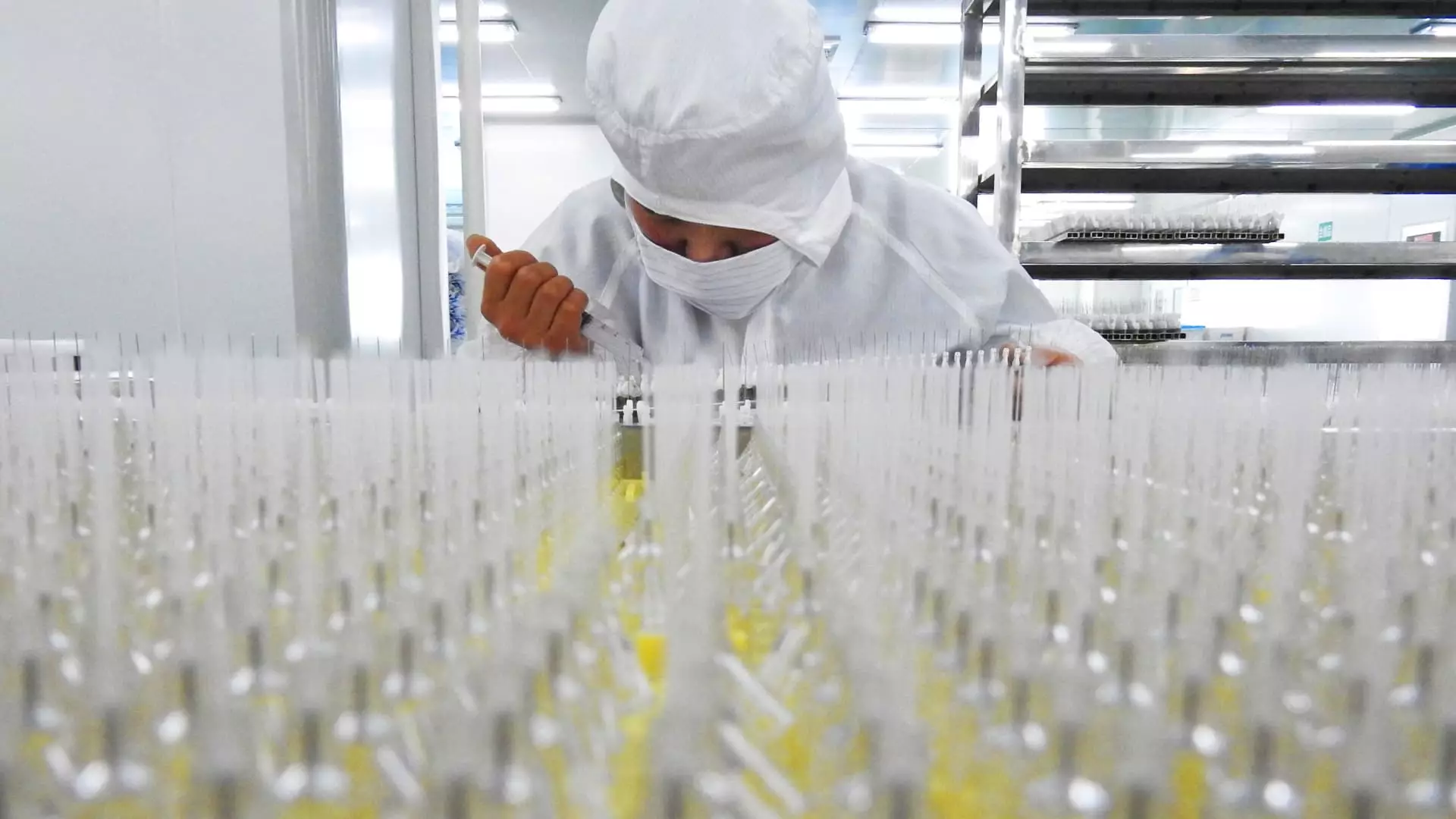China’s recent decision to impose restrictions on EU medical device imports signals a troubling shift from cooperative diplomacy toward aggressive protectionism. While it’s understandable that Beijing feels pressured by what it perceives as unfair EU policies, retaliatory measures of this magnitude threaten to spiral into a full-blown trade war. Instead of seeking diplomatic pathways to resolve grievances, China appears intent on escalating tensions, risking economic backlash that will ultimately harm both sides. Such a reaction neglects the complex, interconnected nature of global trade and undermines the principles of mutual benefit and fair competition. This approach embodies a shortsighted pursuit of national interests at the expense of long-term stability.
Reciprocity or Retaliation? A Thin Line
The Chinese government’s justification hinges on a narrative of unfair treatment by Brussels, claiming that the EU’s restrictions are protectionist in nature. However, this framing obscures the reality: reciprocal measures often serve as a guise for more aggressive strategizing meant to punish and deter. By targeting European imports containing EU components, China’s calculus seems rooted more in retaliation than in addressing genuine grievances. Such tactics risk creating a tit-for-tat cycle where each side’s defensive measures become justifications for even more aggressive actions. This deteriorates the geopolitical environment, making cooperation increasingly fragile. A mature, centrist approach would prioritize dialogue and negotiation over escalating tariffs and import bans.
The Risks to Global Economic Equilibrium
This titanic political game comes at a perilous time when global supply chains are still recovering from pandemic disruptions. Tendencies toward protectionism, especially between major economies like China and the EU, threaten to fragment the international trading system. Such friction discourages investment, skews market access, and drives up costs for consumers worldwide. The recent move by China isn’t merely a bilateral issue; it sets a concerning precedent. If other countries follow suit, the resulting fragmentation could cascade into a broader decline in economic cooperation, undermining decades of progress toward a more open global market. Instead of navigating these turbulent waters with the reckless abandon of tit-for-tat measures, there is an urgent need for balanced, pragmatic engagement rooted in respect and fairness.
A Call for Rational Diplomacy
Despite the rhetoric of justified retaliation, China’s actions show a troubling willingness to forego diplomacy — a choice that risks isolating itself even further. The upcoming summit between China and the EU presents an opportunity for dialogue and re-engagement rather than mutual hostility. A centrist liberal approach would recognize the importance of maintaining open borders for fair competition and technological exchange, especially in vital sectors like healthcare. Policymakers on both sides should prioritize restoring trust through transparent negotiations and mutual concessions, rather than resorting to punitive tariffs and restrictions that hinder cooperation. A sustainable future depends on de-escalating conflicts, not exacerbating them through provocative measures that serve only short-term political objectives.


Leave a Reply